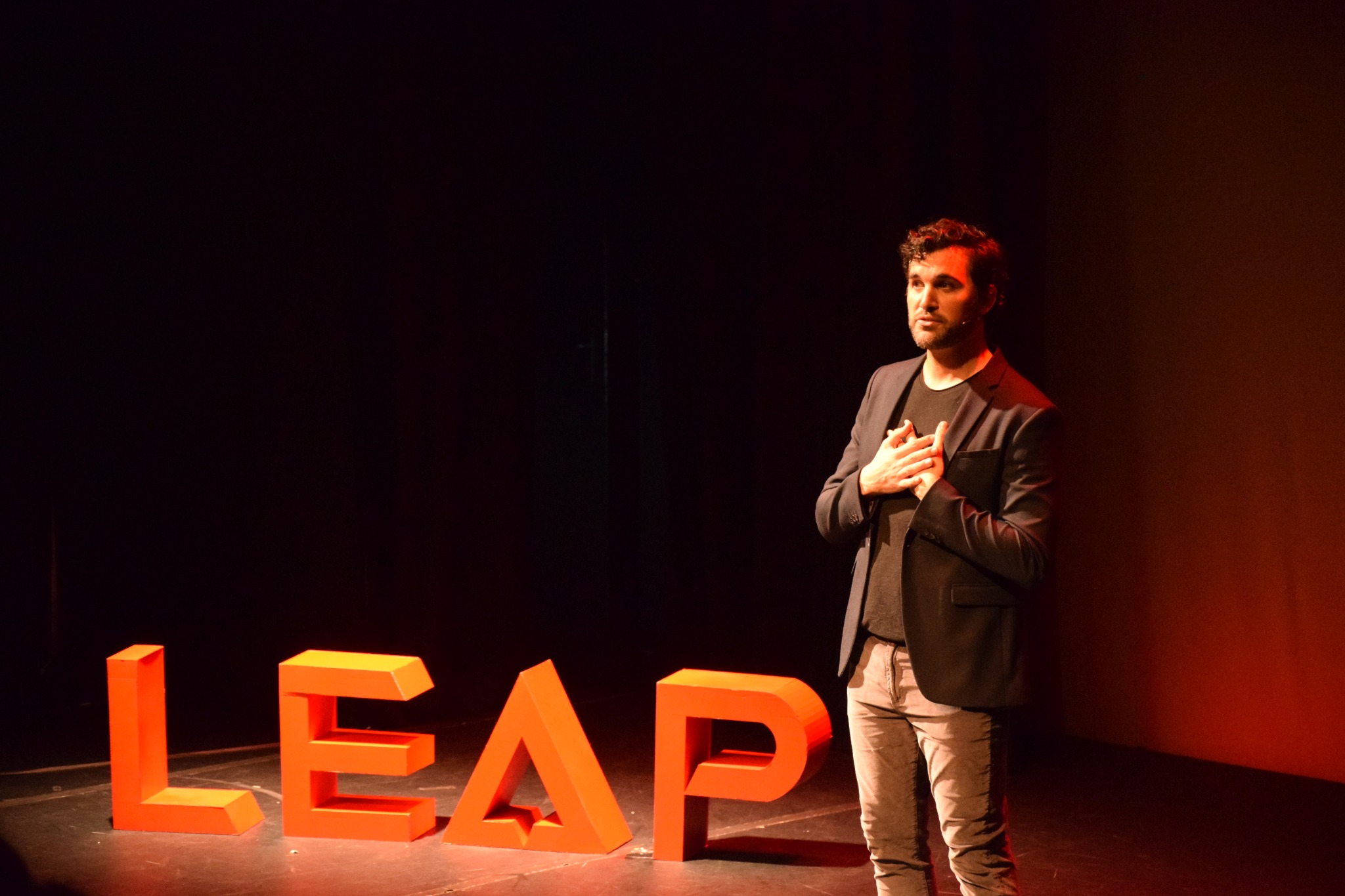SEGOVIA — November 20th the IE Segovia Debate Club formal branch held its third biannual military debate with the Royal Artillery Academy of Segovia. The debate prompt: “The European Union must be dissolved for the benefit of society”.
The event attracted many curious onlookers and intellectuals. Debate Club members, IE students, and senior cadets of the Artillery Academy were amongst the crowd of the debate.
Colonel Director Sr. Jose Martinez Ferrer of the Royal Artillery Academy celebrated the opening of the occasion as a “very good exercise because people from different backgrounds will be discussing here.” The debate was kicked off with a speech by IE’s own Formal Debate branch leader and moderator Oussama Chninak. The introduction honored those who made the event possible, like Sr. Martinez Ferrer – head of Studies at the Royal Artillery Academy – Lt. Col. Francisco Martin Moya, and IE Debate coach Kevin Febres.
Chninak, who had participated a year prior, likewise praised the event as “not a simple debate, rather it is a symbol of a tradition that has been engraving itself for the third time within the history of both our institutions” in which both participating teams can “engrave once again the shared values of excellence, dedication and uniqueness.”
From the Artillery Academy hailed the “con” team, made up of Cadet Lieutenants Luis Carlos Rosado, Alfredo Fernandez Zaragoza, Alejandro Cuerda, Enrique González Cuerda, and Francisco Javier Gazuya. The team went against our own Karma Fayed, Clarisa Gorrin, Robert Wagner, Ivan Lopez, and Adam Rose.
At commencement, each team delivered a 3-minute opening speech expressing their respective positions and justifications. Ms. Fayed opened first for the pro-team, stating the weaknesses of the European Union as well as the waning trust EU citizens have for its institutions. Cdt. Lt. Rosado followed by outlining the three main arguments his team had in favor of the EU; namely, the importance of security and defence, its normative geopolitical importance, and the economic growth member states have enjoyed since joining the Union.
The teams then each had three 2-minute arguments that ping-ponged across the podium. IE defended the sovereign rights of states, citing the importance of political and monetary freedom. The Academy retaliated by saying that these flexibilities are thwarted by the prioritization of the security of citizens. They elaborated further by saying that EU institutions are the only ones strong enough to protect European values and respond to external attacks, such as terrorism.
IE then stressed that integrated institutions cannot continue growing without a central fiscal policy to back them. The inconsistency of the Euro currency makes it impossible for nations to receive fiscal relief from a centralized federal government. The pro-team called the EU a faulty federation in comparison to the United States.
The con-team defended the European integrated market, recalling the importance of joint European foreign investment, like that in Africa, which helped counterattack regional pirates. Furthermore, they praised the EU’s guidance in organizations like the UN, where the EU has taken the lead with issues like climate change and environmental policies.
The Debate Club pushed back once more and argued that EU institutions are increasingly mistrusted due to a democratic deficit created by its electoral processes. Additionally, the central government’s expenditures are ultimately inefficient because they are not strong enough to counter economic crises. But the Academy argued that the European Union helped countries in the eastern bloc increase their GDP’s by 50 points following their integration. They countered the cases for national sovereignty, stating that the best way to maximize economies is to integrate their markets.
After the arguments settled, each team presented a single delegate – Cdt. Lt. González and Mr. Rose, respectively – who had three minutes to ask the other questions that challenged their position. The Academy began first, inquiring about the geopolitical implications of dissolving the EU as well as the national repercussions. The Debate Club responded by questioning the legitimacy of EU institutions and integrated economy.
Ms. Gorrin and Cdt. Lt. Javier followed up the cross-examination by delivering rebuttals. Gorrin eloquently dissected the Academy’s individual arguments; she countered claims that the EU preserves peace, stating that the EU cannot be held responsible for such a feat, since membership is extended by the conditionality of already-existing stability and economic prosperity. Normative power is dissolved by the presence of coercion.
She further questioned the Academy’s claims of refugee integration by citing the mismanagement of the refugee crisis and each member state’s ability to control their borders. Finally, Gorrin raised questions about the EU’s economic capabilities. “Spain was already growing under Franco in the sixties, we cannot attribute their development to a Union they were not yet a part of. However, the Spanish economy plummeted in 2008, and has yet to recover, as do many other countries in the Union. If they had had control of their economy and their monetary policy, they would have devalued their currency instead of an unemployment rate of almost 30%.”
Cdt. Lt. Cuerda succinctly answered on par, stressing the importance of the European Union for the safety and security of European citizens and emphasizing European quality of life and opportunities. He then slyly and somewhat-jokingly commented that the IE team had not provided graphics of their sources, so therefore their arguments couldn’t be trusted, much to the amusement of both teams and the audience.
Cdt. Lt. Carlos and Fayed closed the debate with the respective teams’ final statements about the topic, and the floor was opened to questions from the audience. The audience hummed with curiosity and asked many challenging questions, ranging from matters the ethics of a nationalist argument to this reporter’s own question on the reprecussions of dissolution both domestically and global. Both teams were challenged with the implications of either side defended.
With that, the debate ended, and the event moved into the academy bar for cocktail hour where the cadets and IE students mingled and buzzed into the night. The 2019 Fall Military Debate was an all-around successful event, with both parties leaving excited for November’s Royal Ball and the next time the Debate Club and the Artillery Academy would meet for another friendly sparring of words.






